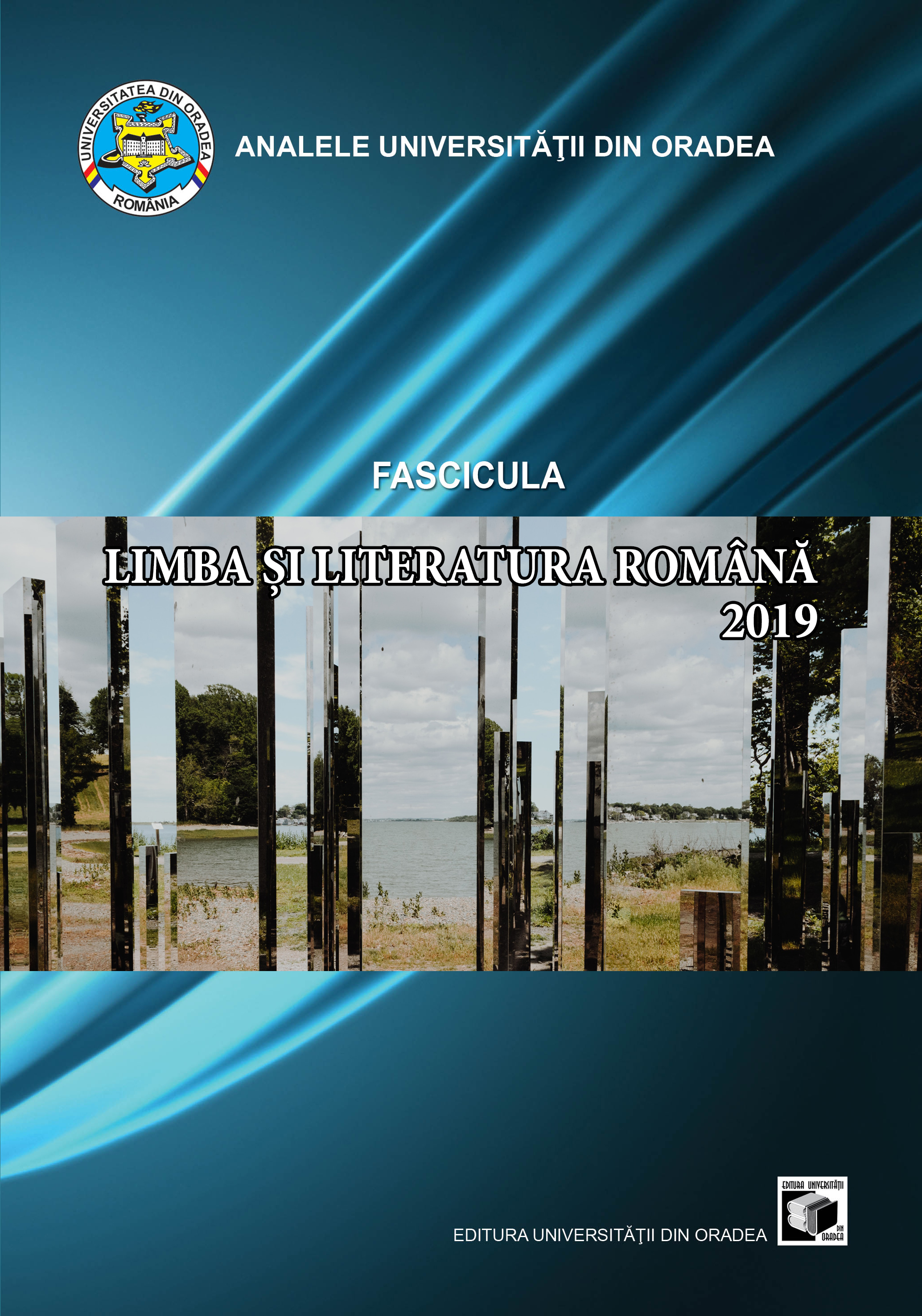SHADOWS AND BROKEN MIRRORS IN ”THE PRUSSIAN OFFICER” BY D. H. LAWRENCE
SHADOWS AND BROKEN MIRRORS IN ”THE PRUSSIAN OFFICER” BY D. H. LAWRENCE
Author(s): Dana SalaSubject(s): Language and Literature Studies
Published by: Editura Universitatii din Oradea
Keywords: violence; army; landscape; D. H. Lawrence; The Prussian Officer; trauma; shadow; mirror; otherness;
Summary/Abstract: Unable to integrate the terror of his own depth of the psyche, the captain in D. H. Lawrence's "The Prussian Officer" will gradually evolve to complete dehumanization. A man exercised to gain control of his emotions, who prefers the reification of the feminine, the officer will stretch beyond acceptable limit the disconnection from himself, his disunion from other people and his disjunction from life's values. The intersection of fire and aspiration for aliveness with the broken mirror of self-perception can be approached from the point of view of abjection, like in Kristeva’s theories. Violence becomes a failed attempt to harness otherness into an object. But at the same time, violence will unleash an endless loop, a lose-lose situation in which it co-involves the hitherto innocent person who just wanted to keep himself out of trouble. The landscape is the other reflection of the psyche in this story, is the mirror onto which the shadow can be projected without encountering the same demonic force. This mirror-landscape purifies the encounter with the shadow. After being the lodge of powerful emotions and self-analyses, after being carried away by the instinct of life and of survival, the two bodies are discarded. Lifeless, reduced to their reified physicalness, the two bodies show how the captain and the orderly mirrored in each other their inability to have embraced the shadow selves.
Journal: Analele Universităţii din Oradea Fascicula Limba si Literatura Română (ALLRO)
- Issue Year: 26/2019
- Issue No: 1
- Page Range: 216-235
- Page Count: 20
- Language: English
- Content File-PDF

